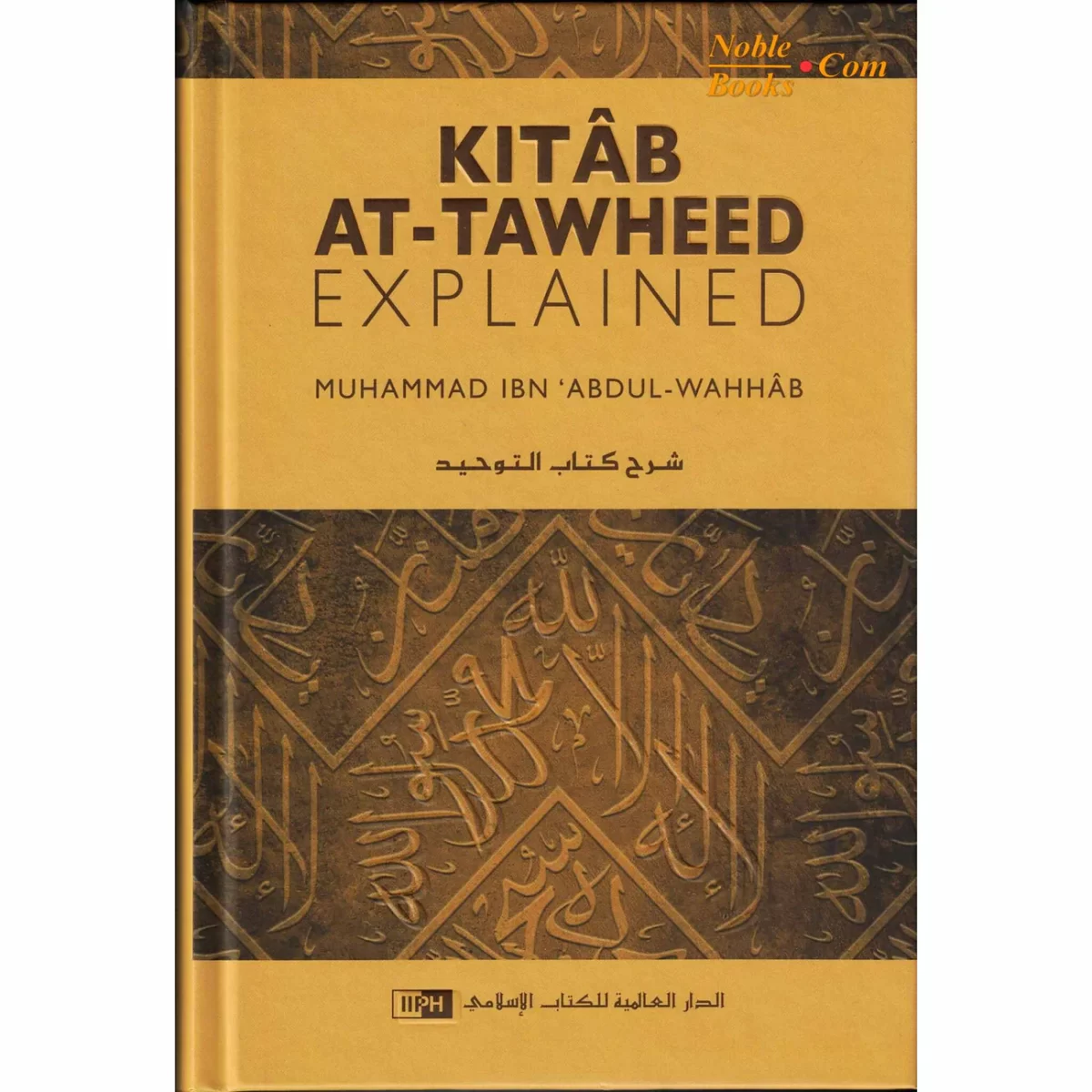Trump Appoints Indian-American Lawyer Harmeet Dhillon as Assistant Attorney General for Civil Rights

Let me tell you a story—not just of a person, but of a journey that brings together law, civil rights, and the power of representation. On a crisp winter day in December 2024, the political spotlight in the United States turned to a name that’s already well known in legal and conservative circles—Harmeet K. Dhillon.
Read here: OpenAI Copy Right Case
In a press conference that quickly went viral, President-elect Donald Trump announced the nomination of Indian-American civil rights attorney Harmeet K. Dhillon as the Assistant Attorney General for Civil Rights. With this move, Trump aims to strengthen his administration’s stance on election integrity, constitutional rights, and civil liberties.
This story, however, is not just about political appointments. It’s about how one woman’s voice, shaped by experience, identity, and unwavering belief in American values, is about to reshape how civil rights laws are interpreted and enforced across the country.
Who Is Harmeet Dhillon? Background and Career
Harmeet Kaur Dhillon isn’t new to the national stage. She’s been a familiar figure in both conservative legal circles and on prime-time television. A graduate of Dartmouth College and the University of Virginia School of Law, Dhillon has built her reputation as a leading civil rights lawyer in the United States.
She first gained major recognition for her work in free speech lawsuits and religious freedom cases. During the pandemic, Dhillon fought legal battles on behalf of religious institutions, arguing that restrictions on gatherings violated the First Amendment. She’s also challenged Big Tech censorship, alleging bias against conservative voices on platforms like Twitter, Facebook, and YouTube.
Her law firm, the Dhillon Law Group, has represented clients in high-stakes lawsuits across California and other states, particularly in cases involving employment discrimination, workplace civil rights violations, and corporate overreach.
Beyond her legal work, Dhillon is a proud representative of the Sikh-American community, frequently using her platform to speak on issues impacting religious minorities in the U.S.
Trump’s Civil Rights Agenda and the Role of the DOJ
The U.S. Department of Justice Civil Rights Division is one of the most powerful federal bodies responsible for upholding the civil rights of Americans. From fighting racial discrimination and hate crimes to protecting voting rights, this division is at the heart of American democracy.
By nominating Dhillon, Trump is signaling a focus on voter ID laws, election law enforcement, freedom of religion, and constitutional protections. Trump praised her as a “tireless defender” of civil liberties, emphasizing her record in defending conservative values and election security.
The position of Assistant Attorney General for Civil Rights is not just administrative—it has the power to influence national policy, direct investigations, and shape how civil rights laws are applied across all fifty states.
Harmeet Dhillon and Election Integrity
One of the core themes of Dhillon’s legal career is her emphasis on election integrity. She has been vocal in her belief that only legal votes should be counted, a stance that aligns with Trump’s messaging since the 2020 election. Dhillon has filed multiple lawsuits against state and local governments over election procedures, ballot handling, and voter verification systems.
In her new role, she is expected to lead initiatives aimed at strengthening voting law enforcement and ensuring transparent electoral processes—especially in key swing states.
For Trump supporters, her appointment is seen as a victory for those advocating for election security reform and a return to strict constitutional interpretation.
Indian-American Representation in U.S. Politics
Harmeet Dhillon’s nomination also highlights the growing influence of Indian-Americans in U.S. politics. She now joins a small but notable list of Indian-origin figures in Trump’s orbit, including Kash Patel, Tulsi Gabbard, and Vivek Ramaswamy.
What sets Dhillon apart is not only her legal expertise but also her strong cultural identity. As a practicing Sikh-American, she has often spoken about the values of service, justice, and truth—principles deeply rooted in her community and reflected in her legal work.
Her visibility has made her a role model for Indian-American women in law and politics, breaking barriers in a space where representation still remains limited.
Controversy and Public Reaction
As expected, Dhillon’s nomination has sparked both praise and criticism. Supporters from the Republican Party, conservative legal groups, and religious freedom organizations see her as a bold, principled leader who will bring a fresh voice to the Department of Justice.
Critics, especially from civil rights advocacy groups and progressive legal circles, have raised concerns about her positions on voting access, corporate accountability, and civil liberties enforcement.
However, even her critics acknowledge that Dhillon brings serious legal credentials to the role. Her long career in constitutional law, civil rights litigation, and federal court practice gives her the tools to navigate the complex responsibilities of the office.
Why This Appointment Matters
Harmeet K. Dhillon’s story is more than just a political headline. It’s a symbol of the changing face of America. It shows how diverse voices can lead on matters of national importance without abandoning their cultural identity or political beliefs.
At a time when the United States remains deeply divided on issues like racial justice, religious freedom, and freedom of speech, Dhillon’s nomination promises to bring a unique legal perspective to the national debate.
Whether one agrees with her ideology or not, there’s no doubt that she brings clarity, strength, and conviction to every case she takes on.
Looking Ahead
As Harmeet Dhillon prepares to take charge of the Civil Rights Division at the U.S. Department of Justice, all eyes will be on her next steps. Will she reshape the division’s focus? How will she address issues like hate crime enforcement, police reform, and LGBTQ+ rights? Will she continue her battles against social media censorship now from within the government?
One thing is certain—Dhillon won’t shy away from the spotlight or the responsibility. She is stepping into a historic role, not only as the first Sikh-American woman in such a high federal post but also as a legal voice for millions who feel their rights are at risk.
Her journey—from a young immigrant adjusting to American life to one of the most powerful legal positions in the country—is nothing short of inspiring.
And as she begins this new chapter, she carries with her not just the hopes of a political party, but the aspirations of a community that sees in her success a reflection of its own dreams.









